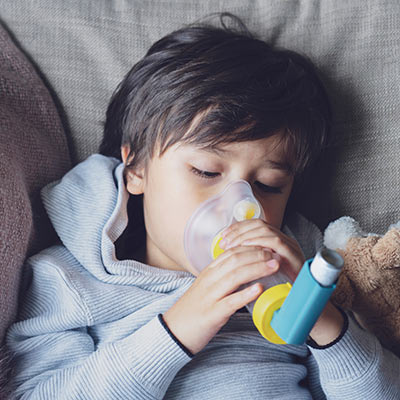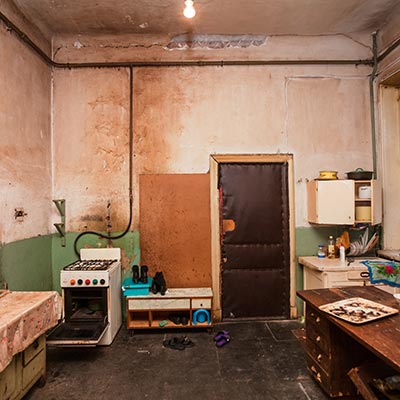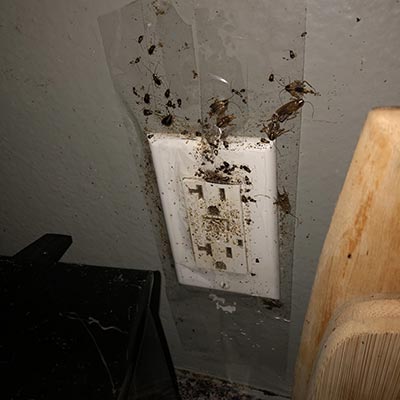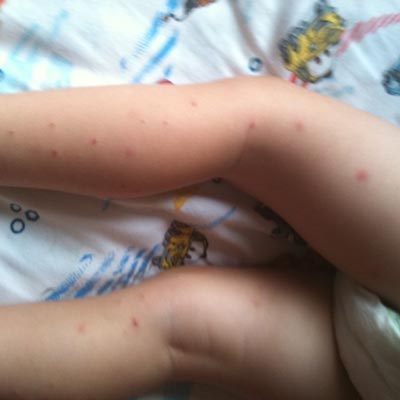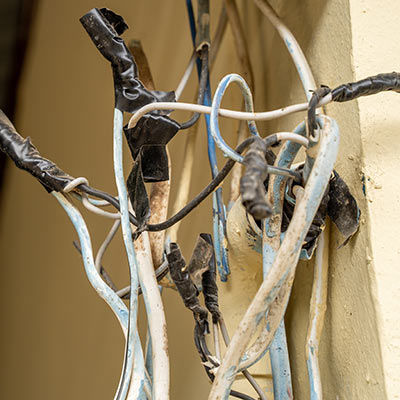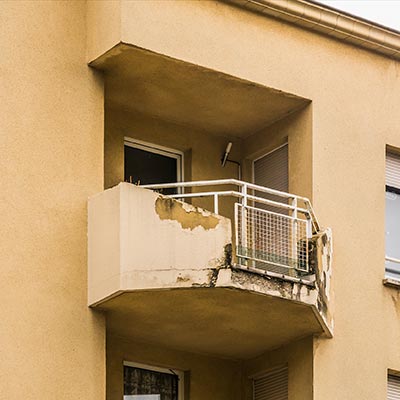Unsafe and Unhealthy Housing Attorney
Many tenants still face unsafe and unhealthy housing conditions from a landlord’s or manager’s neglect and refusal to make timely repairs. As a result, families and their children are forced to live in slum conditions that include rats, mice, cockroaches, bedbugs, peeling lead-based paint, lack of heat, no hot water, rainwater leaks, plumbing leaks, mold and broken windows.
Families and Children Suffer in Slum Conditions
These unsafe and unhealthy conditions have physical, psychological and emotional impacts. Family members suffer from colds, flus and respiratory infections due to the damp and moldy living conditions. They develop allergic reactions to cockroaches, bedbugs and mold that trigger asthma, skin rashes and sinus problems.
Vulnerable family members with health issues such as diabetes, heart problems, kidney disease, cancer and/or weakened immune systems can experience a significant exacerbation in their underlying health problems.
A home is supposed to be a source of comfort, rest and peace. For too many tenants however, their home is a source of significant on-going, daily stress. This chronic toxic stress from living in unsafe and unhealthy housing results in severe emotional distress including depression, anxiety, lack of a good night’s sleep and other health problems.
Most concerning is the fact that chronic toxic stress from slum housing is especially dangerous to young children. Because a child’s brain is still developing, the constant stress experienced by young children from living in unsafe and unhealthy housing can have a significant impact on their neurological development. Young children who are raised in slum housing can develop serious and permanent development delays, learning problems and behavioral issues.
First Steps to Take to Protect Your Rights
To protect your rights as a tenant you should consider taking the following steps:
- Call and make a complaint to the Los Angeles Housing Department at (866) 557-RENT and to the Los Angeles County Department of Public Health at (888) 700-9995.
- Place glue traps to catch cockroaches, mice and bedbugs as evidence for city and county inspectors.
- Take photos and videotape of all unhealthy and unsafe living conditions in your home.
- Make complaints about all of the problems to your landlord or apartment manager in writing and keep a copy.
- Contact an attorney to review your rights and legal options.
The Law Protects Tenants
California law requires owners of rental properties to provide their tenants with at least the minimum in safe and healthy housing. A rental unit must have heat, working appliances, adequate plumbing, protection from the outside elements such as rainwater and insects, free from all vermin such as rats, mice, cockroaches and bedbugs, functioning doors and windows and properly secured exterior doors.
Resources
- State of California, Department of Consumer Affairs handbook “California Tenants, A Guide to Residential Tenants’ and Landlords’ Rights and Responsibilities”
- Los Angeles Housing Department Renter Protections Webpage
Contact Us
All Practice Areas
- Unsafe and Unhealthy Housing
- Child Lead Poisoning
- Carbon Monoxide Exposure
- Fraudulent and Illegal Evictions
- Traumatic Premises Injuries
Call For A Free Consultation
(323) 648-6602
To receive your free case evaluation, call (323) 648-6602 or complete the form on this page and Philip Shakhnis will respond to you personally within 24 hours.
